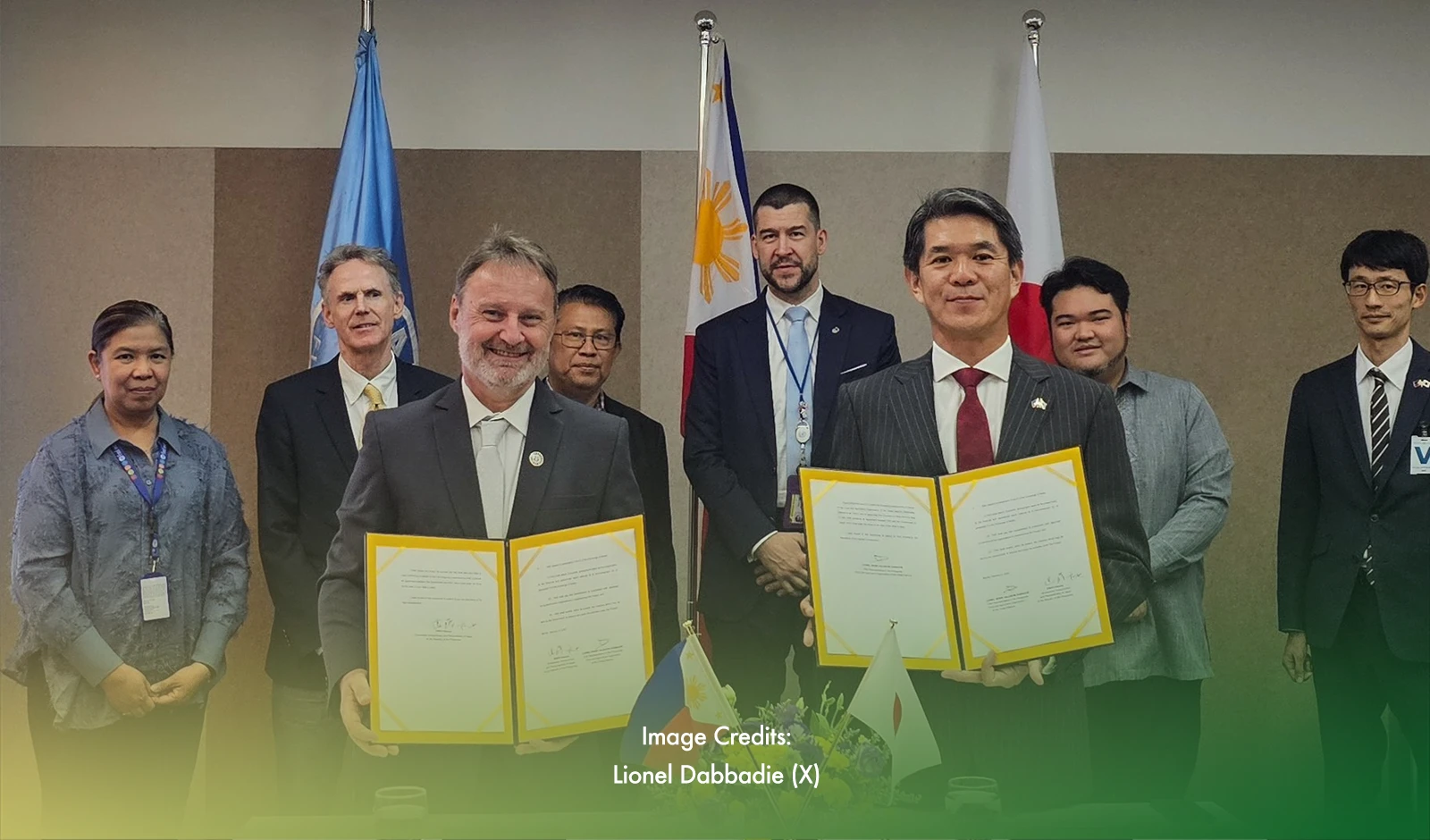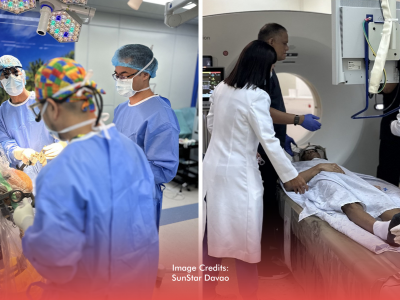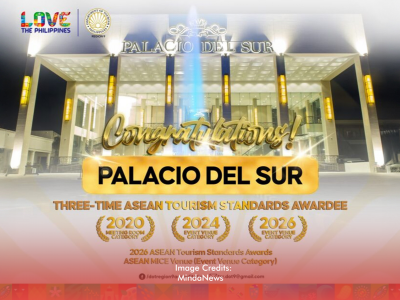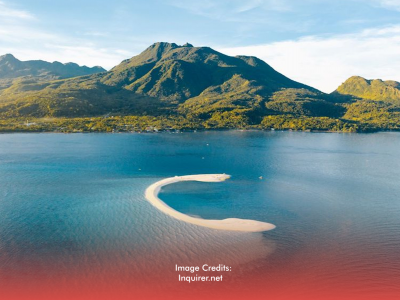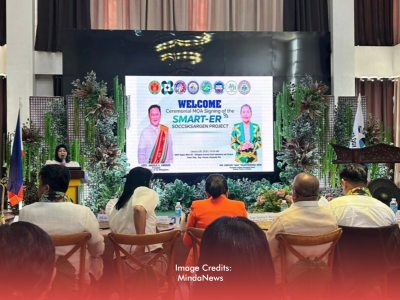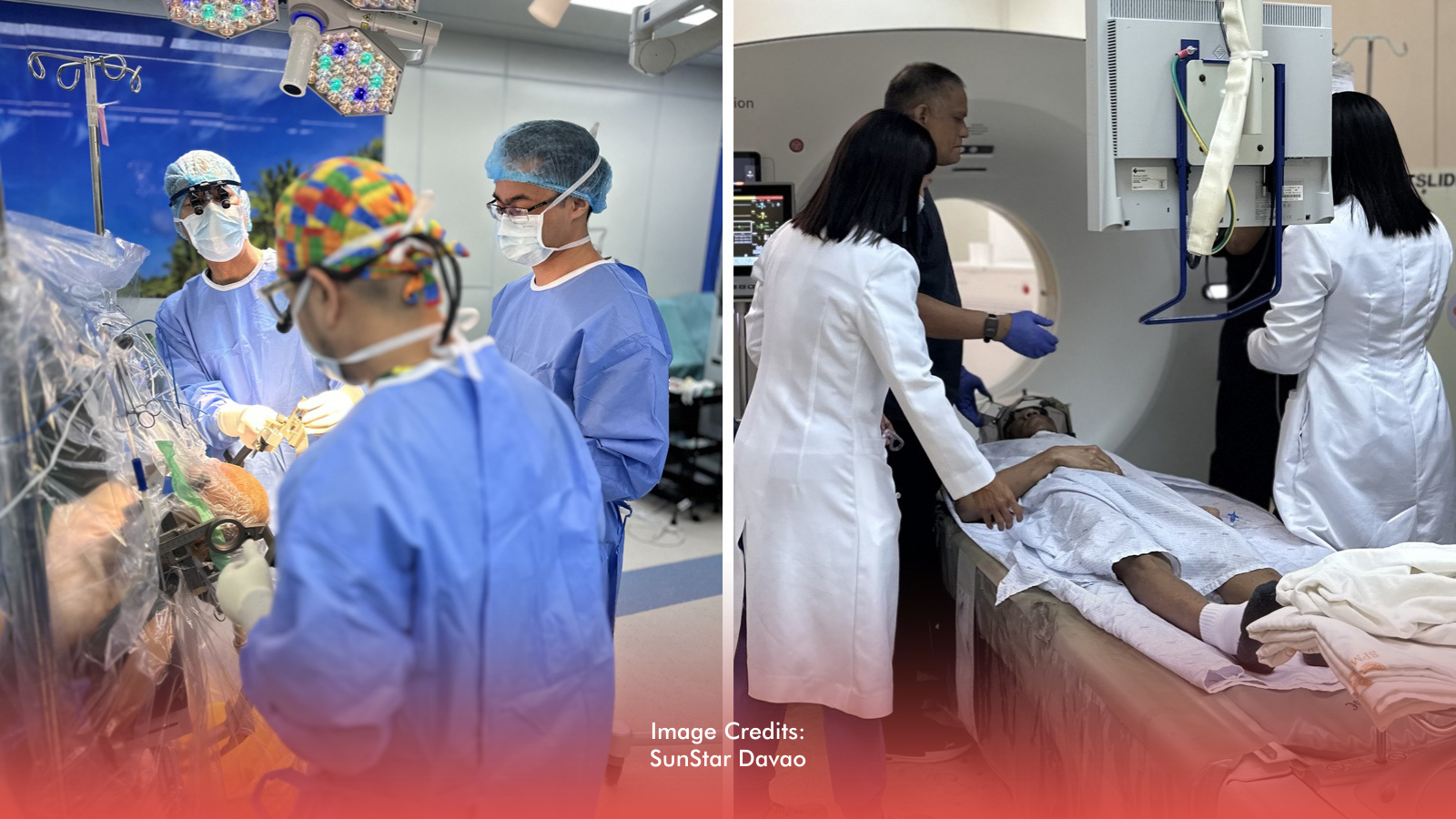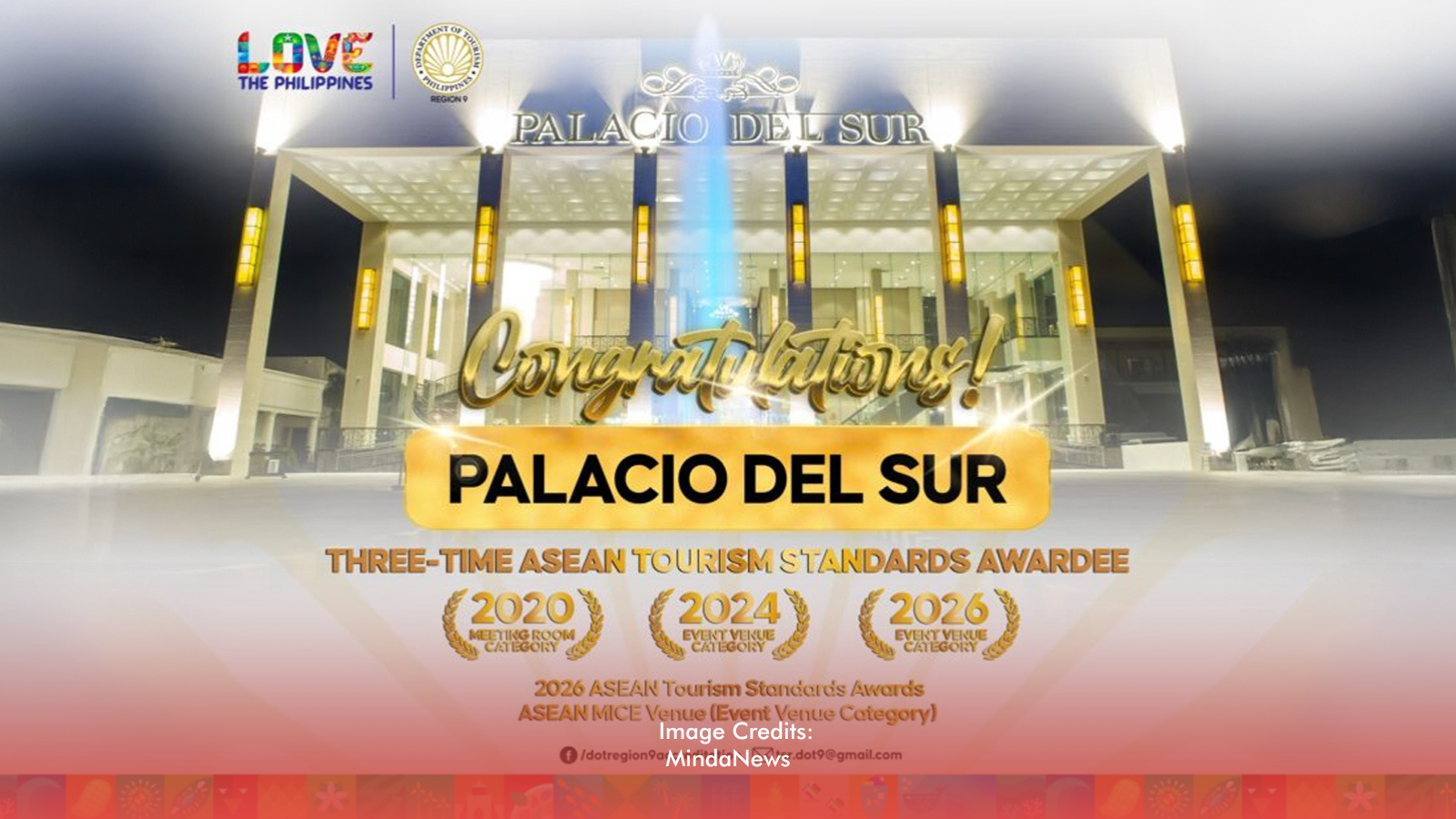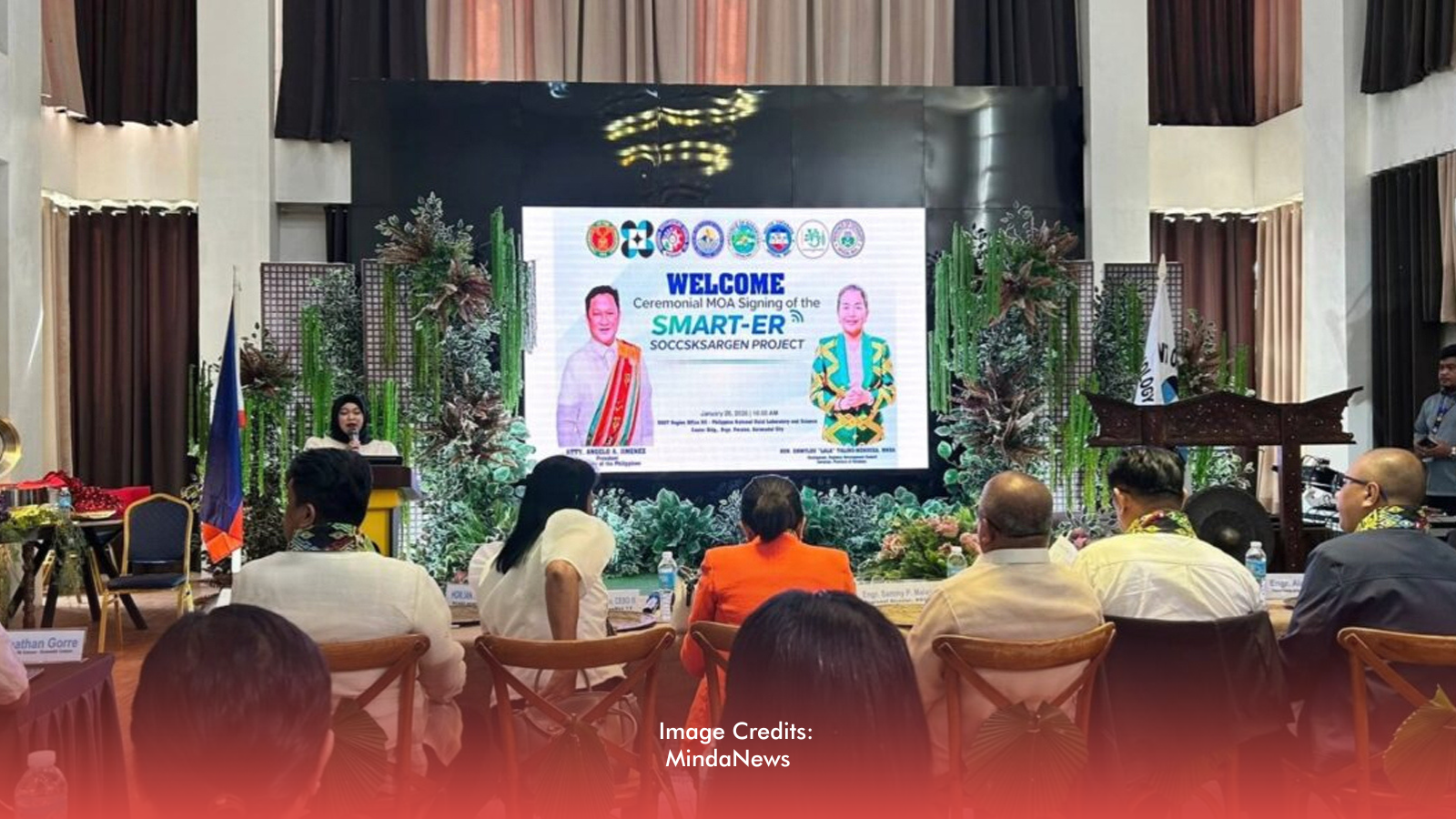In a move to boost sustainable fishing practices in the Bangsamoro Autonomous Region in Muslim Mindanao (BARMM), the Japanese government is providing a $4.7 million grant (approximately P273 million). This two-year initiative, starting in April, aims to assist about 4,000 small-scale aquafarmers and fishers in the region. The project will be carried out by the Food and Agriculture Organization (FAO) in partnership with the BARMM Ministry for Agriculture, Fisheries, and Agrarian Reform (Mafar).
Tackling Challenges in BARMM’s Fisheries Sector
BARMM’s fisheries sector faces multiple challenges, from high postharvest losses and declining production to underused water resources for aquaculture and fishing. With the region’s poverty rate at 30.6%, many small-scale fishers struggle to make a living. This project seeks to address these issues by focusing on improving farming techniques and making fisheries more sustainable. By empowering local fishers with the right tools and knowledge, the program aims to create long-term solutions for both economic growth and environmental preservation.
The “Blue Transformation” Approach for a Sustainable Future
A key part of the project’s approach is the FAO’s "Blue Transformation" strategy, designed to meet the growing demand for aquatic food while minimizing the environmental impact of aquaculture. Through sustainable intensification, the project will produce more food using fewer resources, ultimately boosting the efficiency and profitability of the region's fisheries. Key objectives include strengthening the capacity of farmer groups and local governments, reducing postharvest losses, and ensuring the health of fish populations with improved biosecurity and halal compliance.

